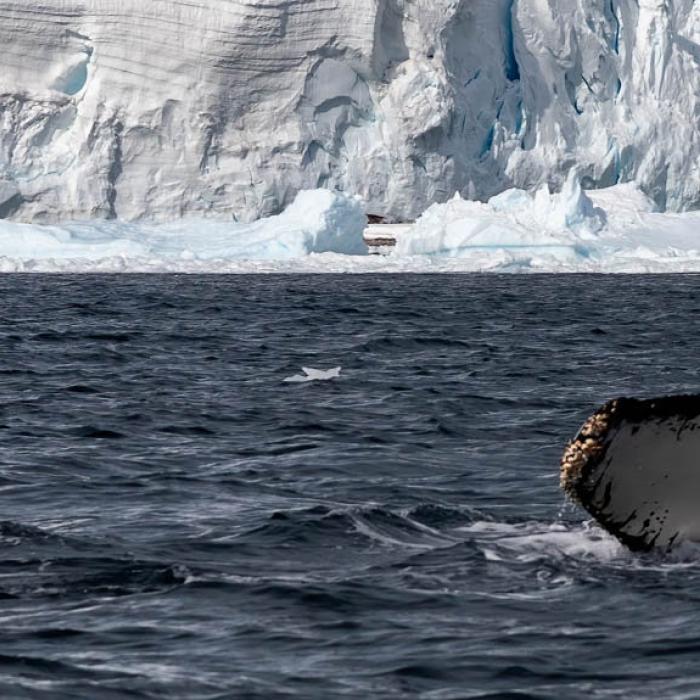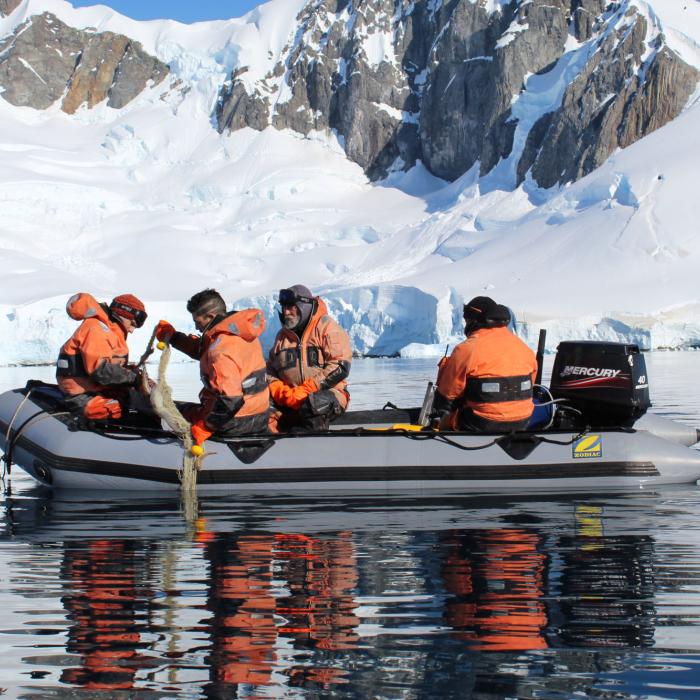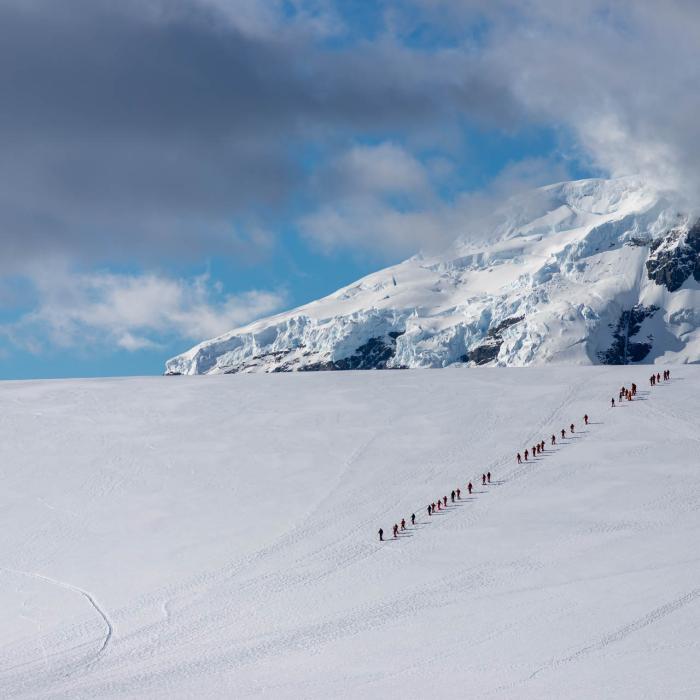
Data Collected by Antarctica Tour Operators Strengthens Wildlife Safety Measures along Peninsula
Data gathered by tour companies operating in Antarctica is strengthening safeguarding measures for whales and seals along the region’s Peninsula.
The Voluntary Cetacean and Pinniped Sightings (V-CaPS) Programme launched in 2022 by the International Association of Antarctica Tour Operators (IAATO) asks field staff on IAATO Operator Vessels to document their whale and seal observations and share this data with the association to create a picture of wildlife presence around the western Antarctic Peninsula and South Shetland Islands.
Data collected since the programme’s inception in the 2022-23 Antarctic season has already supported the creation of enhanced protections for whales followed by all IAATO Operators along the Antarctic Peninsula, and it continues to do so. These include a trial extension of the Gerlache Strait whale slow-down zone established by IAATO in 2019 and a new slow-down zone around the South Shetland Islands and the Elephant Island group in 2023.
IAATO Executive Director Gina Greer, said: “The V-CaPS Programme is an example of how our membership is utilizing its in-depth knowledge, obtained through extensive experience in the region, to support the protection of wildlife.
“IAATO Operators have shared their observations anecdotally for years, but the V-CaPS Programme enables us to collate that data more formally and allows us to make more informed decisions to protect the wildlife in Antarctica.”
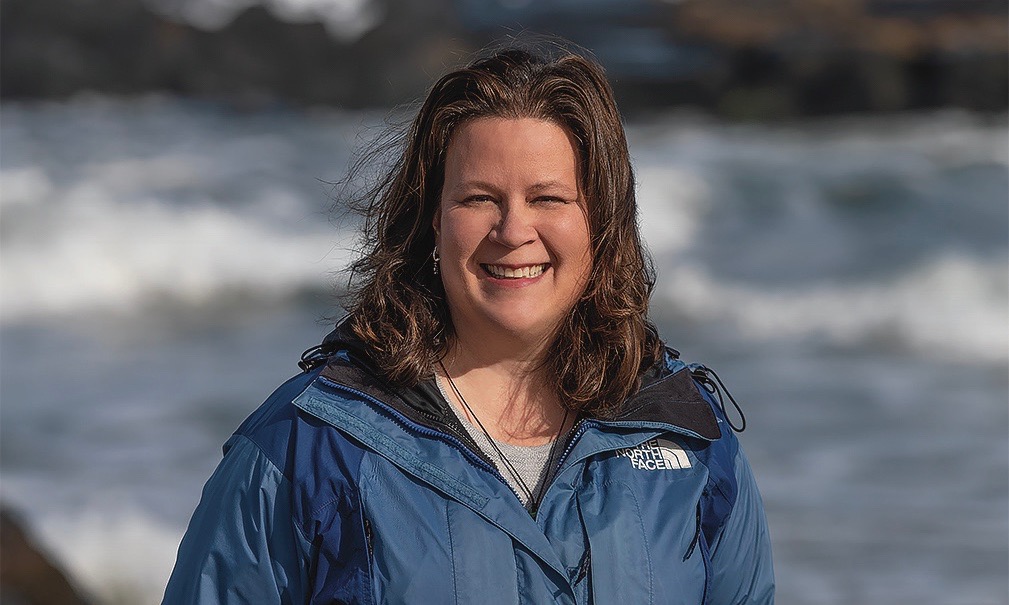 Gina Greer, IAATO Executive Director
Gina Greer, IAATO Executive DirectorFor more than two centuries, marine mammals in Antarctica and the sub-Antarctic were hunted, with fur seals, elephant seals, humpback whales, and blue whales almost driven to extinction. In recent decades populations have recovered following international conservation efforts to protect them.
Since its inception, IAATO has been proactive in establishing operational procedures that allow visitors to safely observe Antarctic wildlife in their natural habitat.
In 2019 IAATO Operators adopted procedures to mitigate strike risks from vessel operations in whale-rich areas, introducing geofenced time areas in the Gerlache Strait and adjacent waters from January 1 – May 30 and Marta Passage entering Crystal Sound from February 1 – May 30.
In 2021, IAATO Operators strengthened the measures by committing to a mandatory 10kn speed restriction for vessels operating in IAATO geofenced time areas, and whale watching and whale avoidance mitigation training by all bridge teams while operating in any areas where whales are routinely seen.
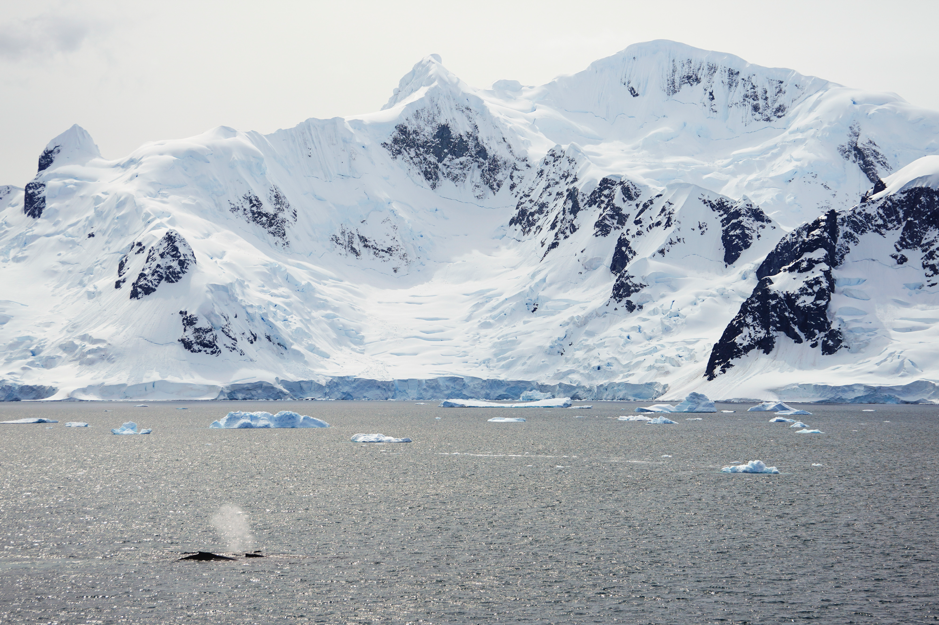
During the 2022-23 Antarctic Season, through the V-CaPS Programme, IAATO encouraged member vessels to voluntarily submit data related to cetacean and pinniped sightings to establish a baseline of where wildlife and tourism activity overlap on the Peninsula, complementing historical knowledge and recent scientific studies in the area. Whales were consistently sighted in the Gerlache Strait during the first half of the season, and they were present near the South Shetland Islands throughout the season.
In recognition of recent and historical data, members agreed to trial an extension to the Gerlache Strait geofenced time area to cover most of the Antarctic tour season, from November 1 – May 30, as well as adding a South Shetland Islands geofenced time area from November 1 to May 30 during the 2023-24 season. Data collected throughout the 2023-24 season provided additional support for these proactive precautions.
Whales, particularly large groups of humpbacks and orcas, were present in the Gerlache Strait and surrounding areas included within the slow down zone from November 1 to December 31, 2023. Approximately 30 per cent of total cetacean sightings in this slow down zone occurred during this early season extension.
The South Shetland Islands and Elephant Island slow down zones similarly hosted many large aggregations of whales, especially fin and humpback whales, over the course of the season.
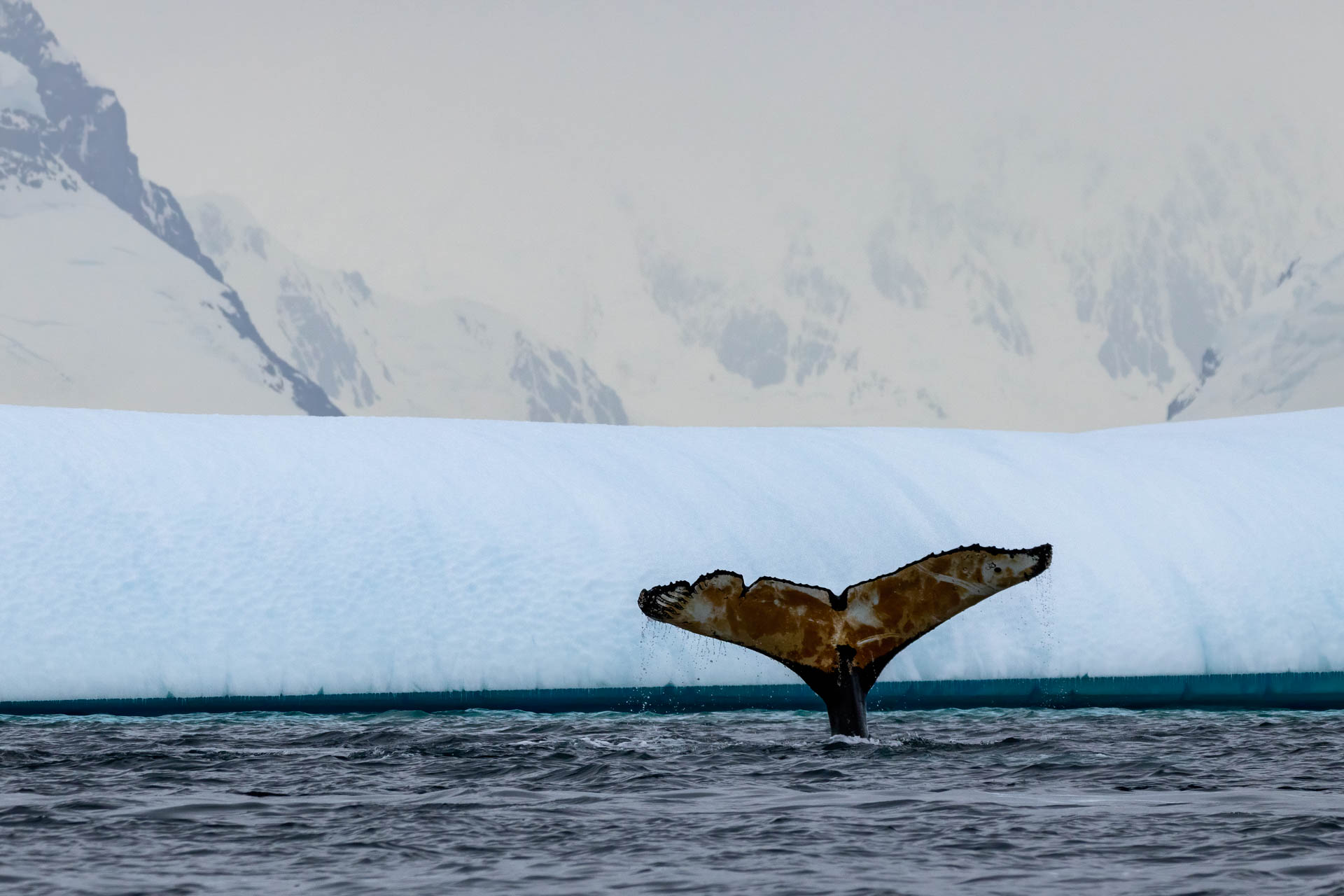
Data collected by IAATO Operators participating in its V-CaPS Programme will continue to inform the association’s management decisions during the 2024-25 season and into the future.
Guides and guests on IAATO Member Vessels have been reporting marine mammal sightings to science for years, including to the global citizen science project Happywhale. Founder of Happywhale Ted Cheeseman said: “We have received thousands of whale photographs since we started in 2015. This data was key in illustrating the need for measures that protect whales from ship strike risk.”
“We are pleased with IAATO’s quick, proactive approach to protecting whales by establishing slow-down zones in 2019, expanding upon these initial safeguards, and creating the V-CaPS Programme to better understand where whales are most at risk.”
